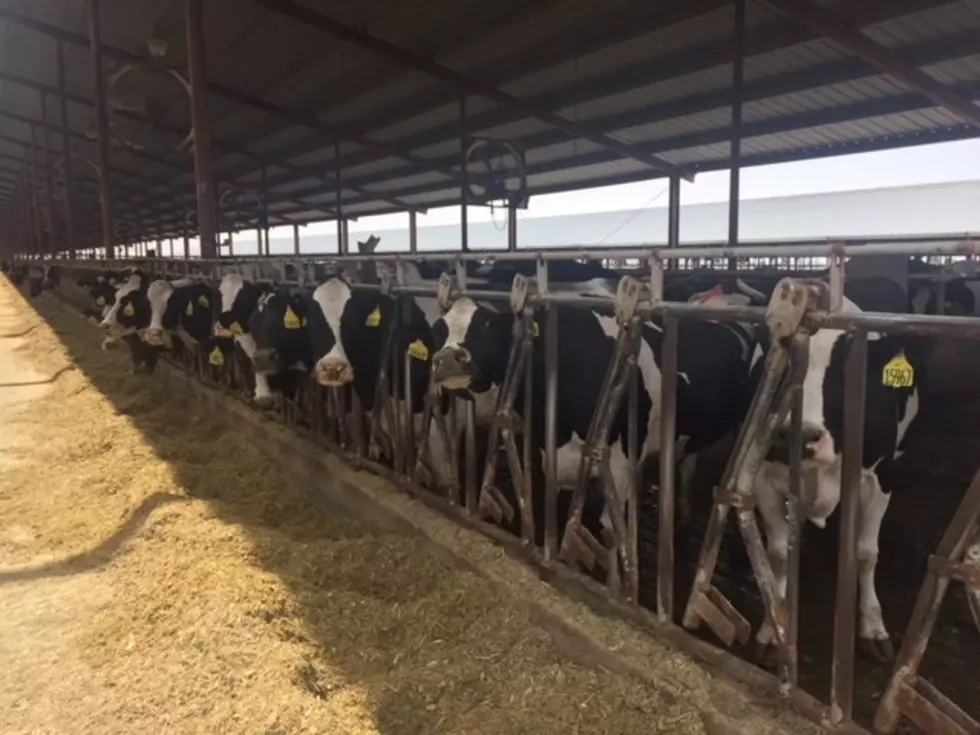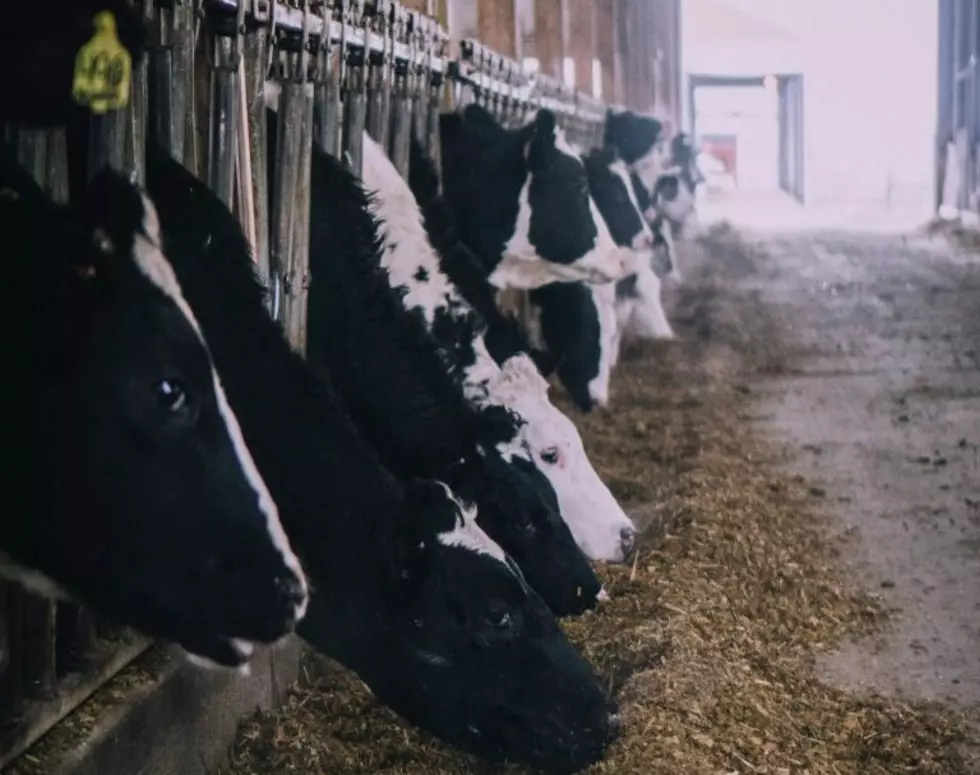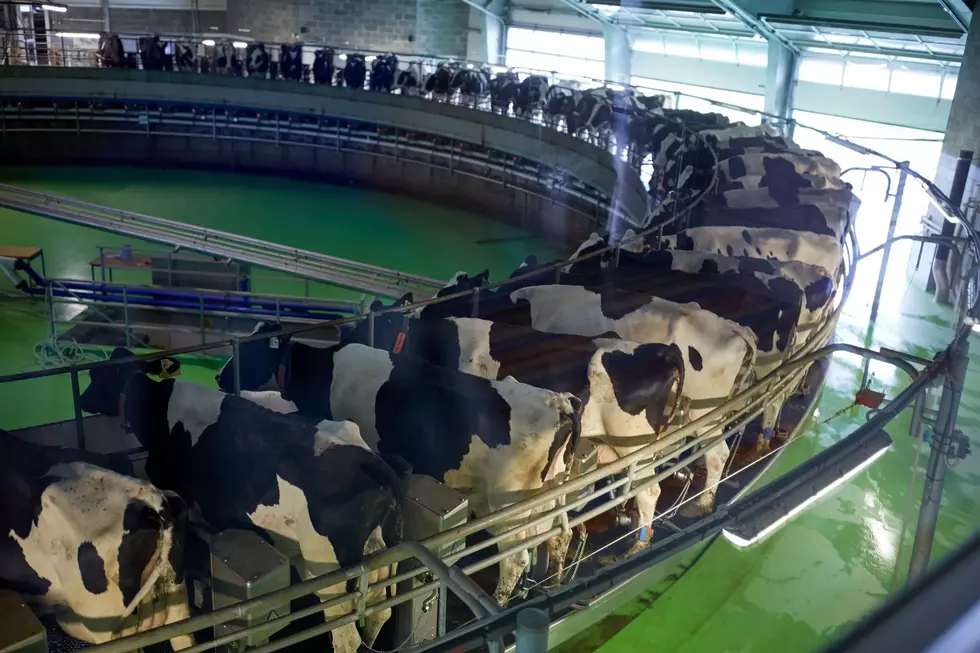
UC Davis Study: Feeding Cattle Seaweed Reduces Greenhouse Gas Emissions By 82%
According to a new study by researchers at the University of California-Davis, adding a bit of seaweed in the feed could reduce methane emissions from cattle by as much at 82%. Researchers said this could pave the way for the sustainable production of livestock throughout the world. UC-Davis’ Ermias Kebreab said the seaweed, Asparagopsis taxiformis, did not impact the health of the cow or the quality of the milk. But, one of the challenges they came across, determining how much seaweed to use.
“For dairy cattle, say 300-400 grams a day, so you’re getting about 1% of their feed intake, they don’t like the taste very much, it’s a bit salty. But we were able to reduce it to just ½% or even ¼% and the taste woks pretty well.”
Over the course of five months during the summer of 2020, researchers added a small amount of seaweed to the diets of 21 beef cattle and tracked their weight and methane emissions. Kebreab said cattle that consumed does of about 80 grams/three ounces of seaweed gained as much weight as their herd mates, while producing 82% less methane.
So, when will seaweed supplements be available for dairy operations in the U.S.?
Kebreab said from here, they need USDA and FDA approval for larger field tests.
“We’ll have an on-farm trial, that will happen in June down in California, and there’s another one that will happen in Washington state as well. It’s moving in the right direction, having more on farm trials, collecting more data, and applying for FDA approval. So, if all of this happens hopefully in the next two to three years in may be available in the market place.”
Kebreab added their research indicates there was no drop-off in efficacy over time. Click Here to learn more about the recent study.
If you have a story idea for the PNW Ag Network, call (509) 547-1618, or e-mail gvaagen@cherrycreekmedia.com
More From PNW Ag Network









